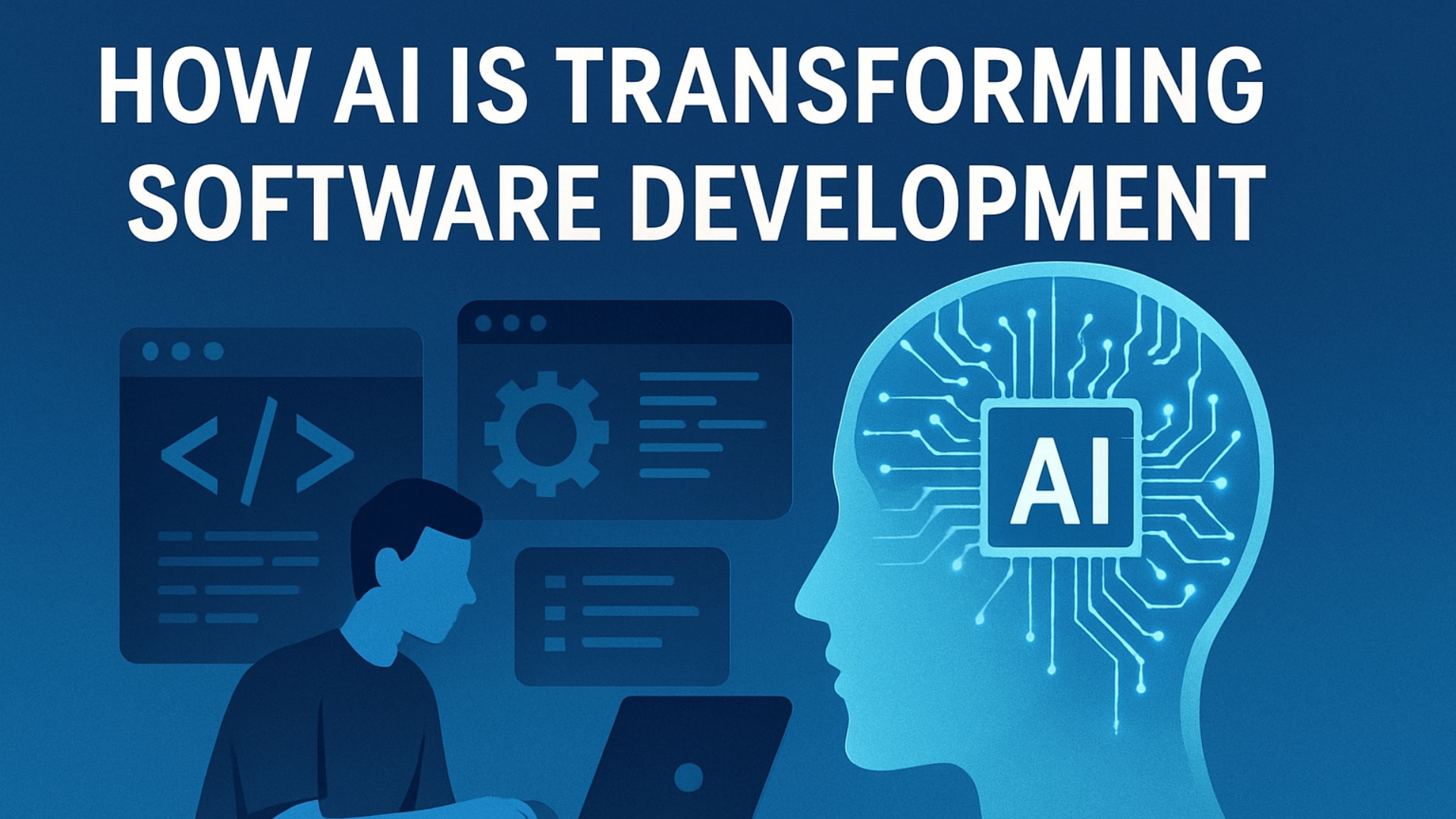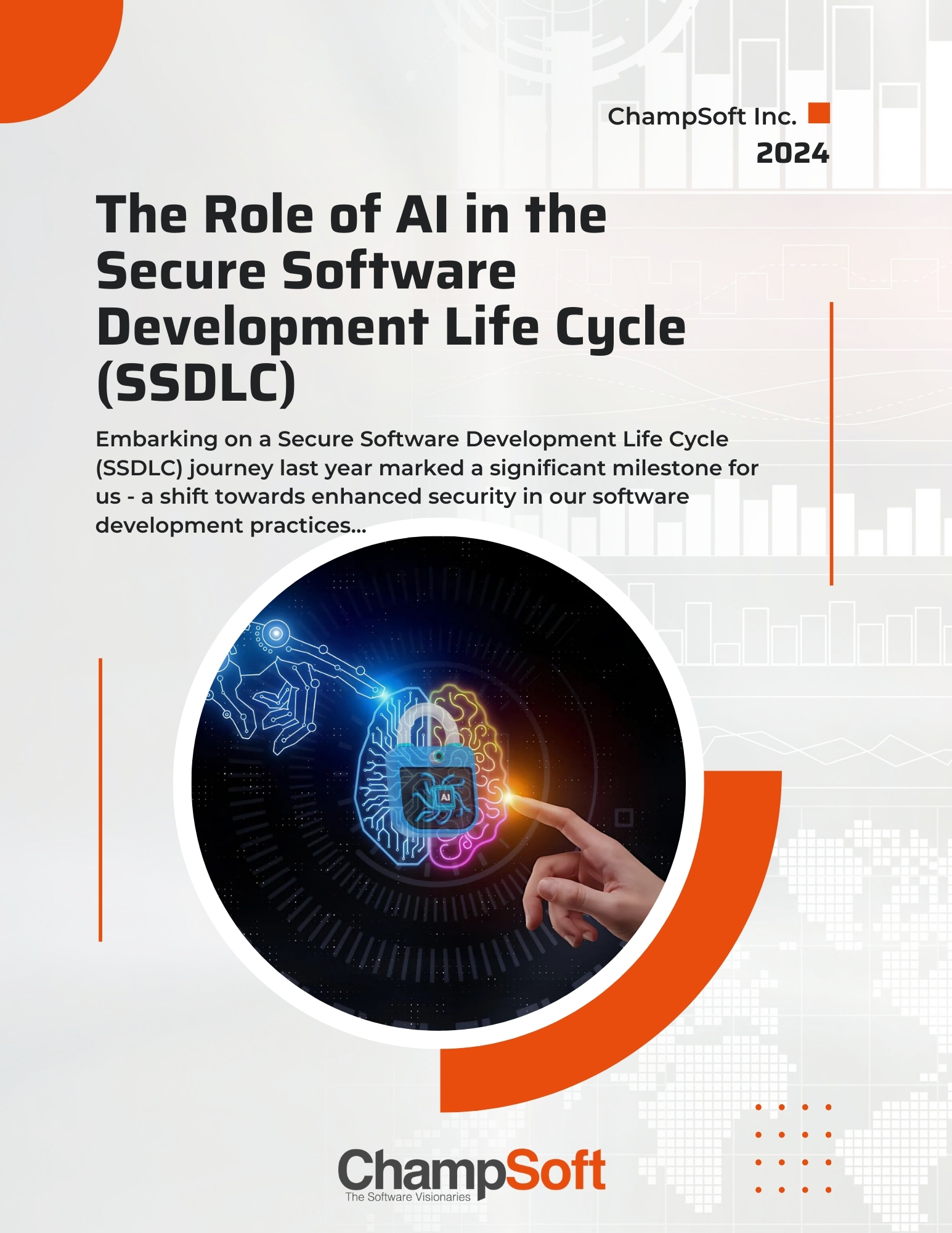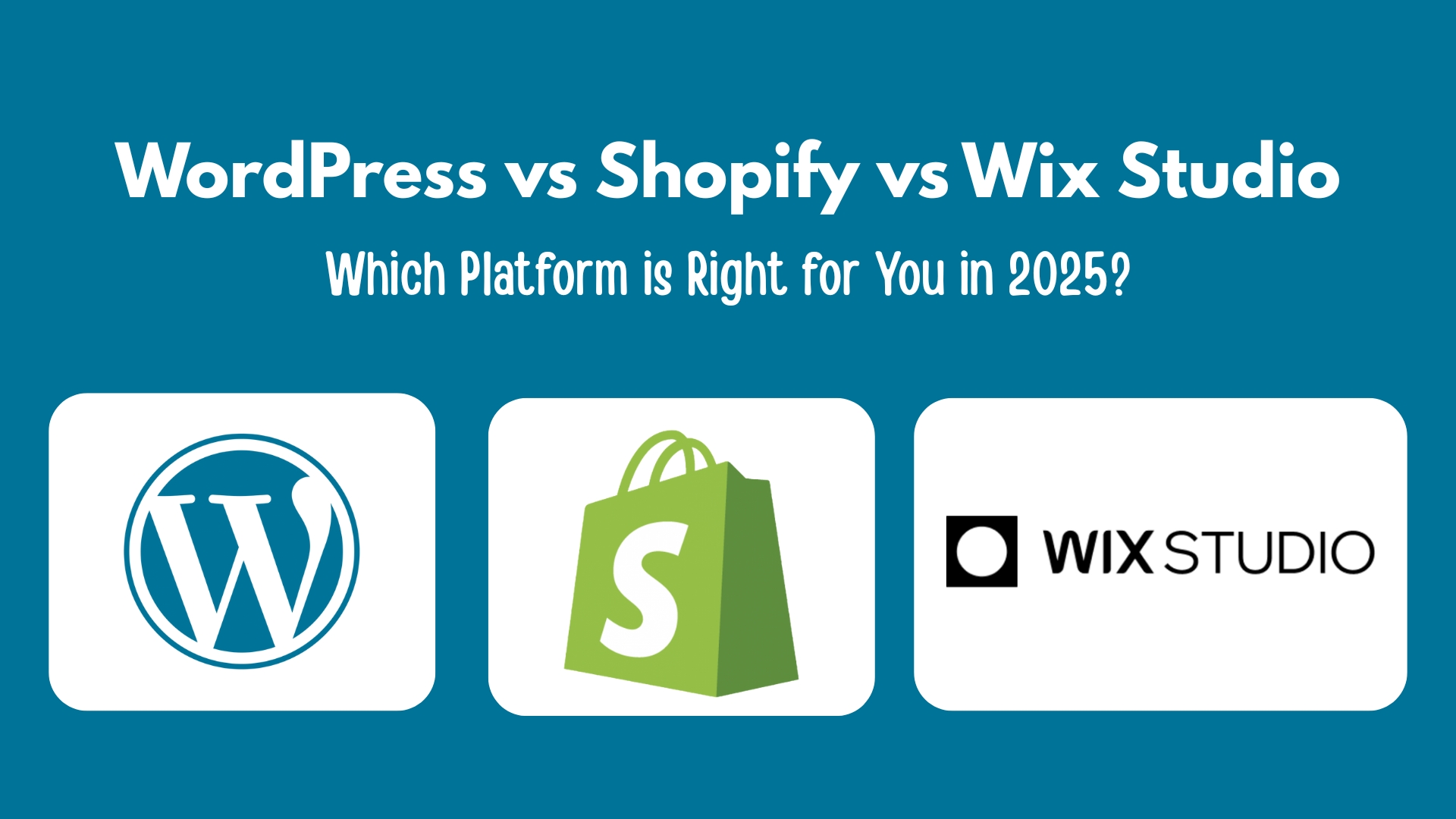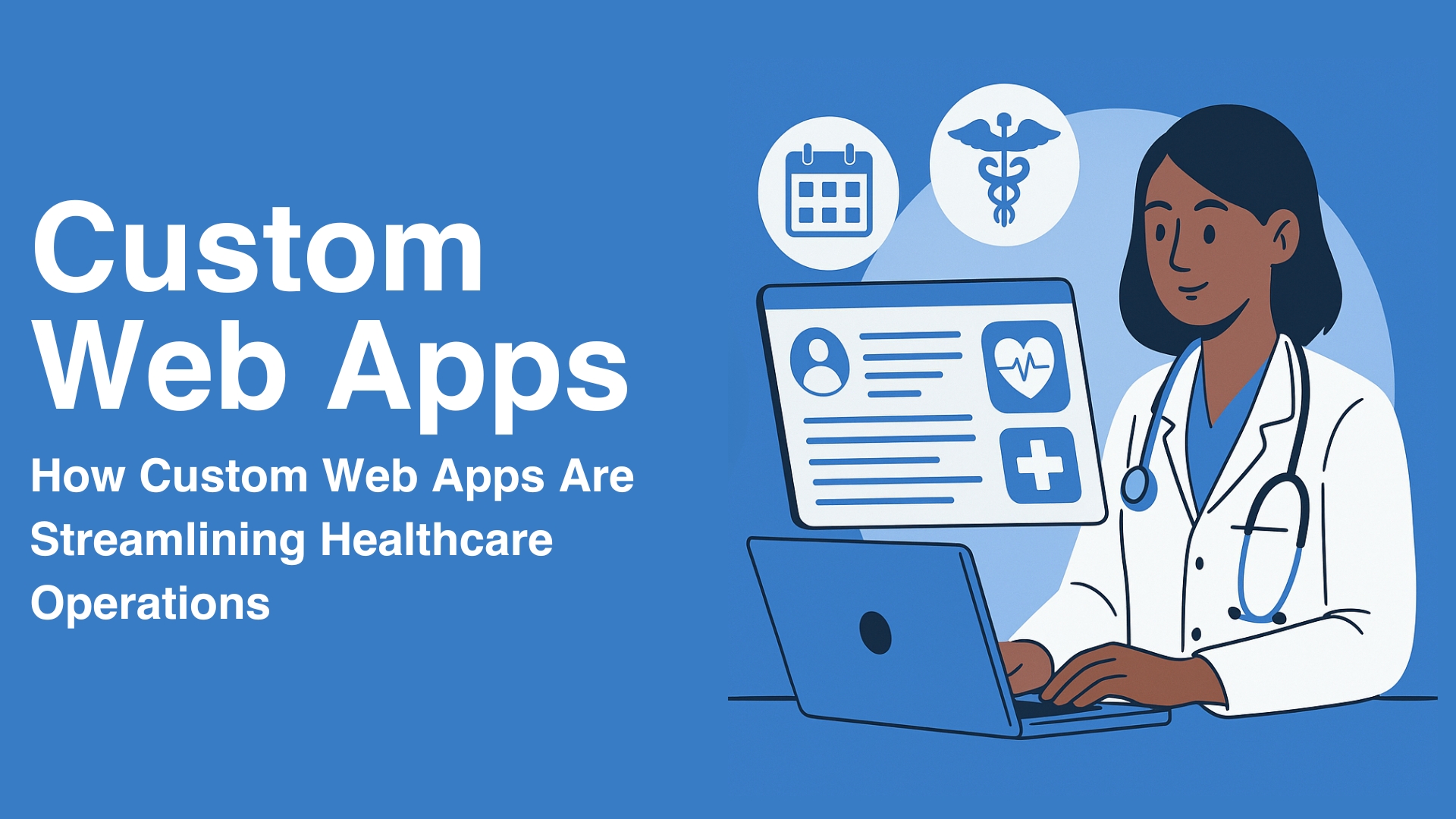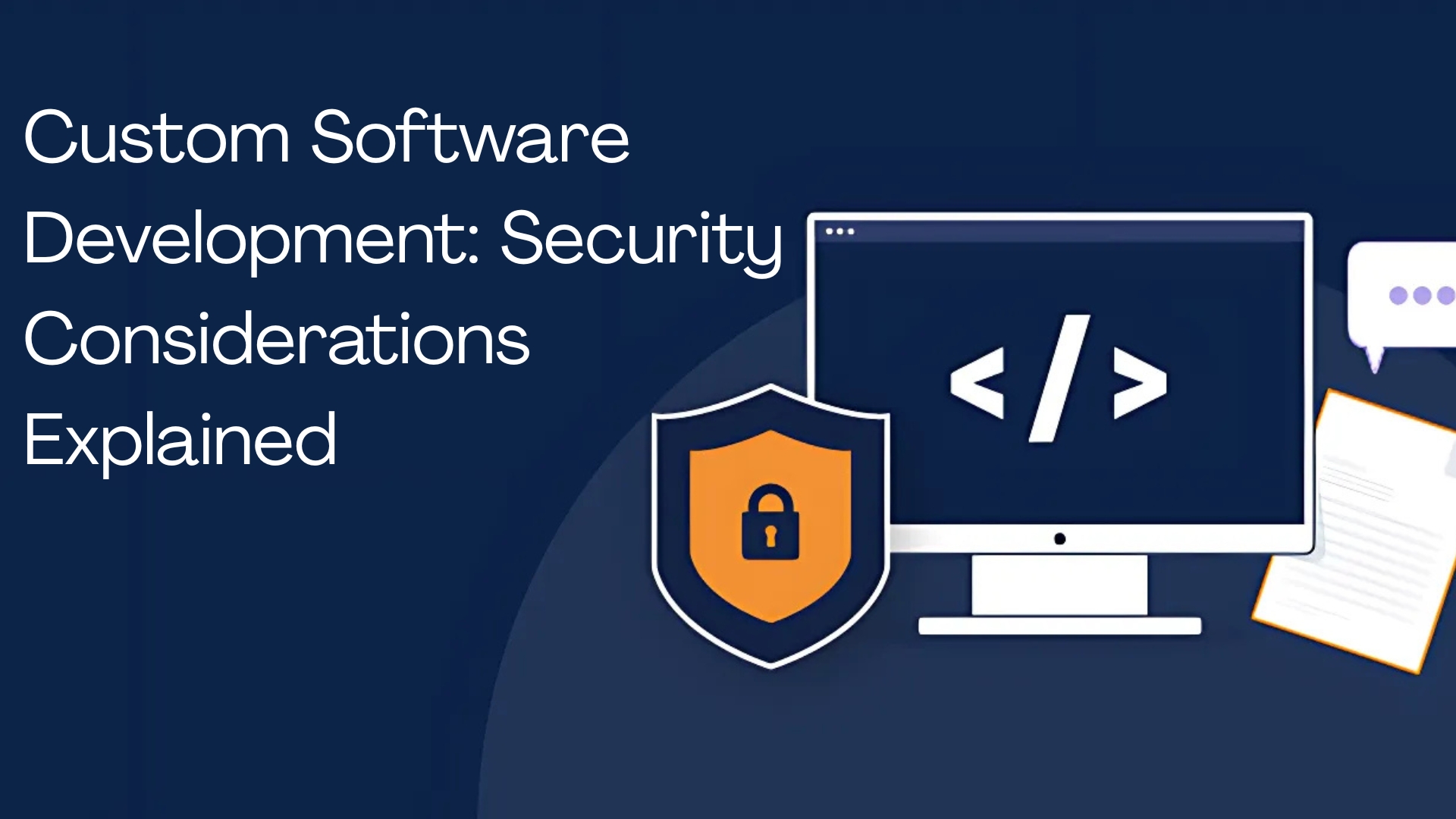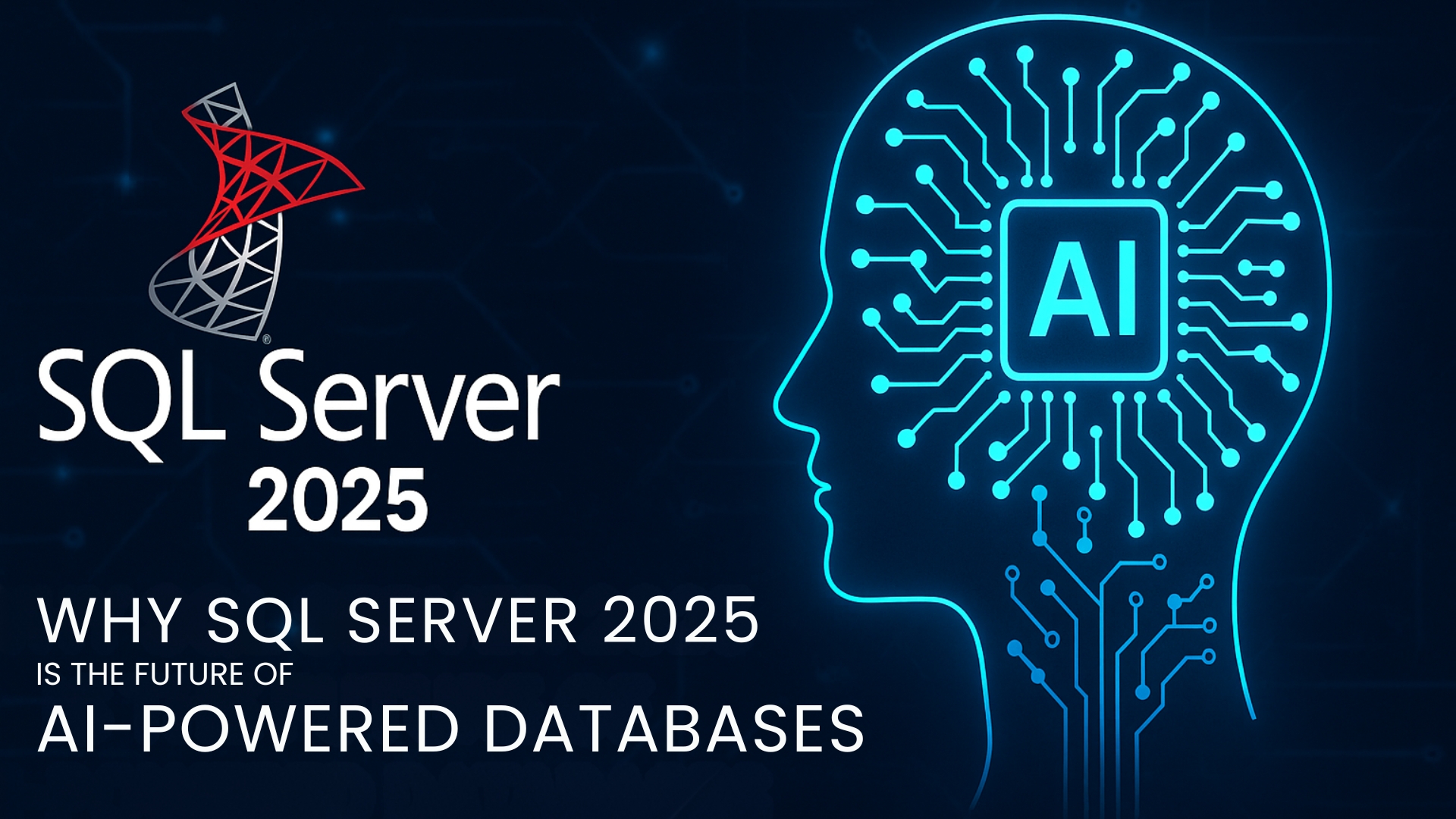Artificial intelligence is fundamentally transforming software development. No longer just a buzzword, AI-driven development has become integral to how code is written, managed, and deployed across the tech industry. Developers and organizations are increasingly leveraging AI technology trends for everything from predictive coding to enhanced project management, unlocking unprecedented levels of efficiency and innovation.
What Is AI-Driven Development? A Complete Guide
The incorporation of artificial intelligence into each step of the software development process is known as AI-driven development. When people ask, “What is AI-driven development?” The reaction has many different applications. AI takes on pivotal roles in coding, project management, testing, and even product strategy. This fusion of AI with traditional software engineering is leading to fundamental changes in workflows, methodologies, and team collaboration.
At its core, AI-driven development features:
- Automation of repetitive coding tasks.
- Predictive coding, where AI suggests and generates code snippets tailored to specific contexts.
- Optimization of project resources and timelines.
By automatically handling tedious or error-prone tasks, AI development tools help teams deliver higher-quality software and spot potential issues much earlier in the development cycle. In today’s fast-paced environment, understanding and embracing this approach is critical for staying competitive.
How AI Enhances Software Engineering: Key Benefits and Innovations
Integrating AI into software engineering brings a wealth of benefits that streamline processes and free up developers to focus on creative problem-solving.
Why Do Development Teams Use AI-Driven Solutions?
AI-driven software development tools are transforming standard practices in several profound ways. For instance, they:
- Improve code quality and maintain consistency even in large, complex projects.
- Automate bug detection and functionality validation to speed up testing.
- Reduce human coding errors via real-time suggestions and automatic code reviews.
Machine learning—the backbone of most AI systems—analyzes vast datasets from prior builds, user behavior, and production logs to surface actionable insights, resulting in better resource allocation and more tailored software solutions.
Security is also a core advantage: AI recognizes potential vulnerabilities by continuously monitoring code and infrastructure, helping teams resolve issues before they become critical. AI is not just about efficiency and consistency; it can foster personalized user experiences by processing user data at scale, delivering custom functionalities that enhance customer satisfaction and boost loyalty.
How Does Predictive Coding Work in AI-Driven Development?
Predictive coding is one of the most striking examples of AI-driven innovation in software engineering. In this model, AI systems analyze large sets of code, learn patterns, and then predict or suggest specific code snippets for developers in real-time.
This approach brings several practical advantages:
- Because boilerplate or repetitive code may be produced in a matter of seconds, it greatly accelerates the coding process.
- Coding accuracy improves because AI tools have seen thousands or millions of real-world examples, minimizing mistakes.
- Developers can quickly discover new libraries, frameworks, or best practices through the AI’s suggestions.
By keeping routine coding tasks off engineers’ plates, predictive coding empowers them to tackle complex challenges, invest more time in architectural decisions, and innovate freely.
AI Across the Software Development Lifecycle: From Planning to Maintenance
AI-driven software development transforms every phase of the development lifecycle, ensuring efficiency and quality from ideation through maintenance.
How Does AI Streamline Each Stage of Software Development?
Planning: AI helps estimate timelines accurately and assess resource needs, taking into account previous project data and current team dynamics. This predictive capability reduces delays and helps allocate talent and technology wisely.
Coding: During active development, AI automates repetitive tasks, maintains strict coding standards, and ensures quality control. Projects proceed without incident as developers maintain their concentration.
Testing: AI automates the identification of bugs, vulnerabilities, and compliance issues, dramatically reducing time-to-production and ensuring secure, reliable releases.
Production and Maintenance: Once in production, AI monitors software for anomalies in real-time, suggesting improvements and updates as usage patterns emerge.
Collectively, these AI-powered improvements deliver shorter development cycles, lower costs, and more resilient applications. Embracing AI technology trends throughout the workflow translates into superior reliability and adaptability in fast-evolving markets.
AI in Project Management and Collaboration: What’s Changing?
AI project management tools are a driving force behind more collaborative and efficient software delivery. By processing project data, AI can anticipate risks, suggest contingencies, and automate scheduling, leading to smarter decision-making and harmonious teamwork.
Why Are Teams Adopting AI Project Management Tools?
- AI improves resource allocation by identifying where team members’ strengths are best deployed.
- Real-time risk assessments enable timely interventions, minimizing project stalls.
- Administrative tasks, such as timeline management and reporting, are automated, letting staff focus on innovation.
The result is higher morale, fewer bottlenecks, and more successful project outcomes.
Challenges and Ethical Considerations of AI-Driven Development
While AI-driven innovation opens new frontiers, it also introduces significant challenges and ethical questions. Developers and leaders must confront biases in algorithms, ensure fair and equitable AI usage, and uphold data privacy and security standards.
What Ethical Issues Do AI Development Teams Face?
- Algorithmic bias may inadvertently perpetuate societal inequities.
- Personal data processed by AI needs stringent safeguards to comply with privacy laws and build user trust.
- Adapting legacy systems and methodologies to an AI-driven paradigm often requires substantial cultural and technical shifts.
Meeting these challenges demands both technical ingenuity and a principled commitment to responsible development.
What Is Next for AI-Driven Software Development?
The future of AI-driven software development is set for dramatic growth. As AI tools become more sophisticated, their ability to automate complex tasks will expand, bringing even greater productivity and innovation.
What Are the Most Important AI Technology Trends in Software Development?
- Leveraging emerging technologies like edge computing, blockchain, and IoT for deeper innovation.
- proliferation of frameworks for AI development aimed at boosting product innovation.
- Increasing the use of AI in compliance monitoring and software security.
Staying ahead means not just watching these trends, but actively participating in their development, updating skills, and leading organizational change toward an AI-first mindset.
Conclusion: Why Embracing AI Is Essential for Software Development Success
AI-driven development is more than an upgrade—it is a revolution. By automating, predicting, and enhancing every facet of software engineering, AI software solutions position organizations to innovate faster, launch more reliable products, and adapt to shifting tech landscapes.
In a world where change is the only constant, embracing AI development tools and strategies isn’t merely an option. It’s how companies and professionals secure their place at the forefront of the industry.
Frequently Asked Questions (FAQ)
What does AI-driven development mean in software engineering?
AI-driven development refers to the integration of artificial intelligence across the software creation process, automating tasks, suggesting code, predicting project needs, and optimizing everything from planning to maintenance.
How does predictive coding improve developer productivity?
Predictive coding uses AI to analyze code patterns and generate or suggest relevant code snippets, reducing repetitive work and allowing developers to focus on creative and complex problem-solving.
Are there ethical risks associated with AI-driven software development?
Yes. Key risks include algorithmic bias, data privacy concerns, and the need to ensure transparency, fairness, and accountability throughout the development process.
Will AI replace developers in the future?
AI is unlikely to fully replace human developers. Instead, it augments their work by automating routine tasks and offering intelligent suggestions, allowing developers to focus on strategic and innovative responsibilities.

